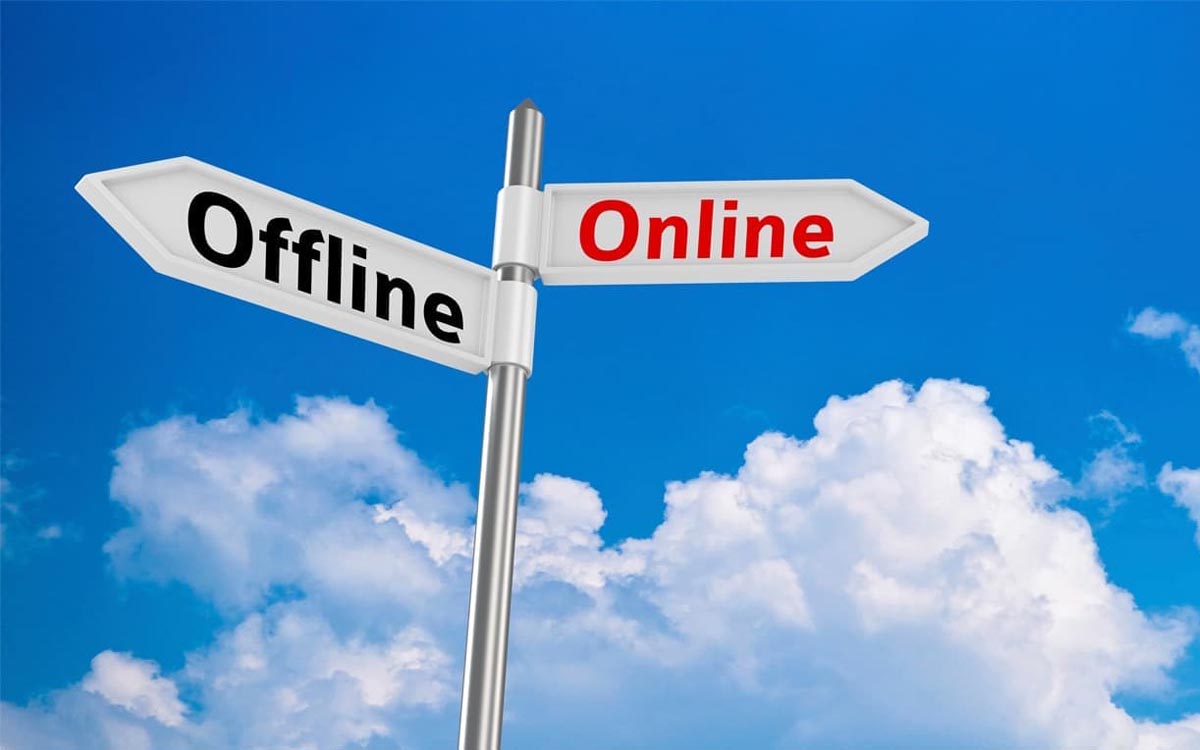Online sales under control: what online merchants should expect from the state
2 April 14:21
The State Tax Service has received a new tool to control online sales and now identifies citizens and taxpayers who sell goods via the Internet and receive money transfers for them on a regular basis. This was reported by the State Tax Service, according to
It is noted that since March 1 of this year, the State Tax Service has been receiving information from the Cash Register Data System regarding:
– citizens who systematically receive funds to their own accounts for the goods sold, i.e., are actually engaged in entrepreneurial activity without state registration;
– individual entrepreneurs who also receive funds to their accounts but do not have registered cash registers/payroll registers, thus violating the requirements regarding the procedure for making payments, etc.
How successful was this control?
In the first 20 days of March alone, the State Tax Service identified tens of thousands of taxpayers and citizens who systematically receive funds to their own accounts. In some cases, the number of transfers per person reaches hundreds of transactions, while there is no state registration or use of cash registers/PTRs.
The State Tax Service urged citizens and entrepreneurs selling goods online to officially register as a business entity and comply with tax laws to avoid financial and administrative liability in the future.
Legal businesses have their own account with illegal online traders
The European Business Association emphasizes the importance of de-shadowing and fair competition, as legitimate companies that comply with regulatory requirements find themselves in an unequal position compared to unscrupulous sellers. The topic of strengthening the fight against illegal online trade in excisable goods was recently discussed among business representatives.
In particular, they proposed to hold a public discussion of draft regulations with the participation of business and create a working group to develop mechanisms for monitoring and blocking illegal online sellers. The EBA states that despite the entry into force of the Law of Ukraine “On State Regulation of Production and Circulation of Ethyl Alcohol, Alcohol Distillates, Bioethanol, Alcoholic Beverages, Tobacco Products, Tobacco Raw Materials, Liquids Used in Electronic Cigarettes, and Fuel,” control over illegal online trade in excisable goods is almost ineffective. They emphasize the importance of such mechanisms as:
– creation of a register of websites of licensed sellers of alcohol, tobacco products, and e-cigarettes;
– systematic monitoring of the online space by tax authorities to identify websites that sell excisable goods in violation of the law;
– development of mechanisms for blocking such websites and implementation of effective control.
Market surveillance to be strengthened in Ukraine
At the end of March, the Verkhovna Rada supported in the first reading a draft law that provides for the improvement of state market supervision and the system of technical regulation in accordance with the requirements of the European Union.
The draft law, in particular, proposes to introduce market surveillance of products sold via the Internet or other means of distance selling. It also clearly regulates the procedure for conducting inspections of the characteristics of products made available on the market through online trading or other means of distance trading.
That is, goods purchased online or ordered in another way, but without personal inspection, will be checked by the state: both brick-and-mortar and online stores will have the same rules. This will make competition fairer and goods safer for customers.
It is also planned to expand the list of persons subject to state market surveillance, namely, order fulfillment service providers and information service providers. This means that rules will also be established for those who help sell goods online (for example, marketplaces that store, pack and ship goods). This will make it possible to respond more quickly to complaints and protect the rights of buyers.
The draft law also clearly describes how customs and quality control authorities will work together to speed up the process. Business associations, government agencies, customs, and consumers will be able to interact more closely, and businesses, for example, will be able to initiate inspections.
The parliament has not abandoned its intention to tax parcels either
The Verkhovna Rada has registered as many as 4 draft laws related to the issue of parcel taxation. The dominant thesis is that the current limit of 150 euros for tax-free parcels should be abolished and international parcels should be taxed at 20% VAT. The only exception is for shipments of up to 45 euros between ordinary people.
In 2024, Ukraine received 75 million parcels, and the state budget received only over UAH 185 million in duties.









